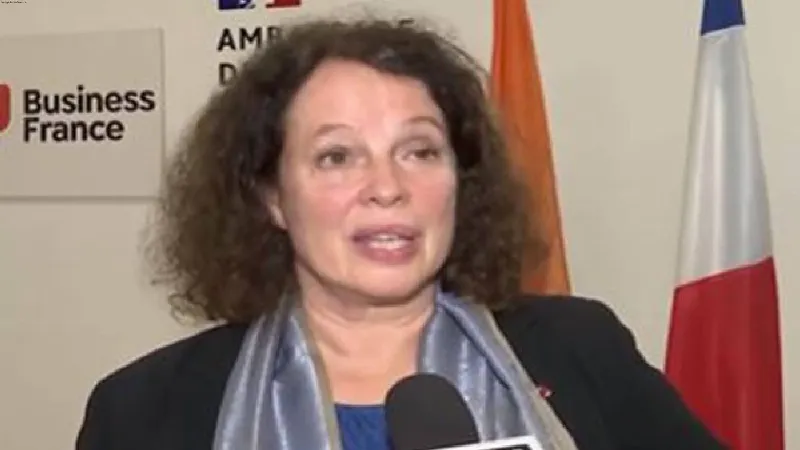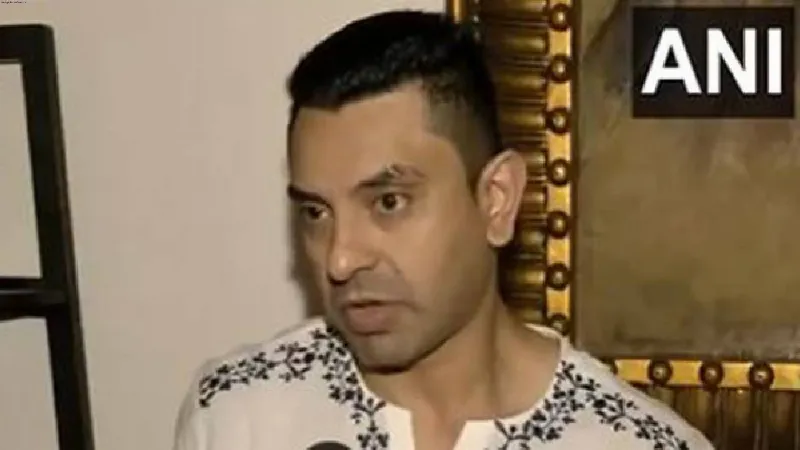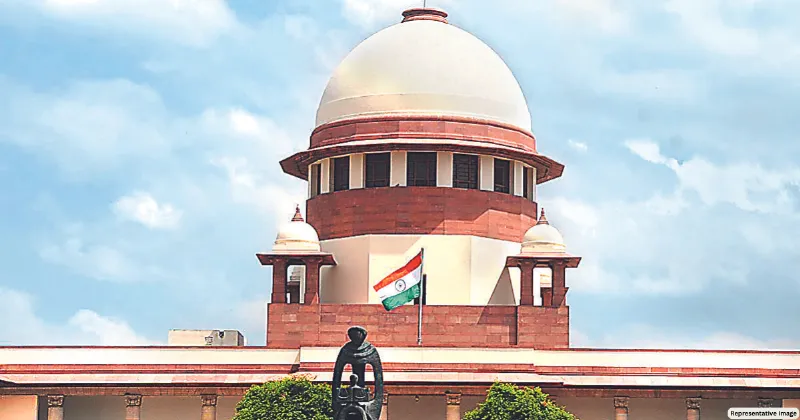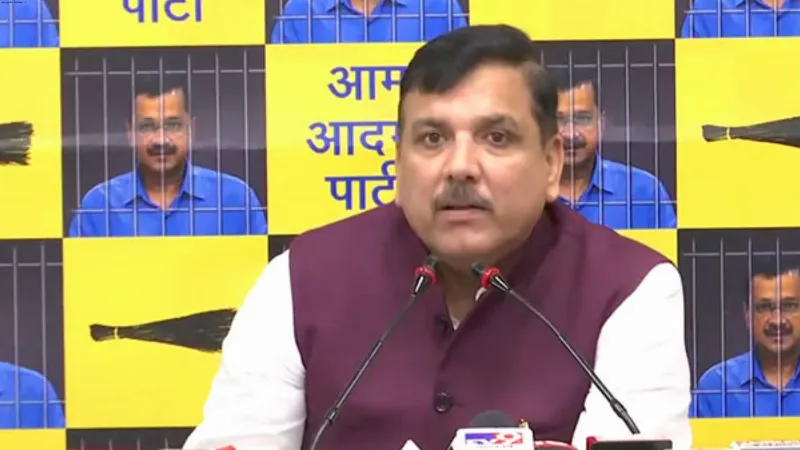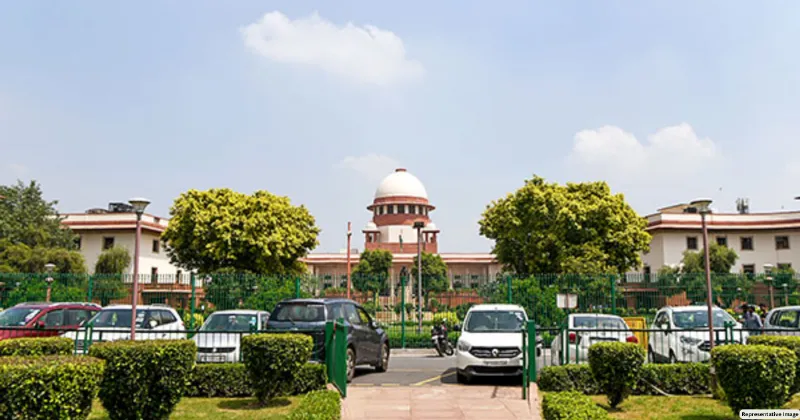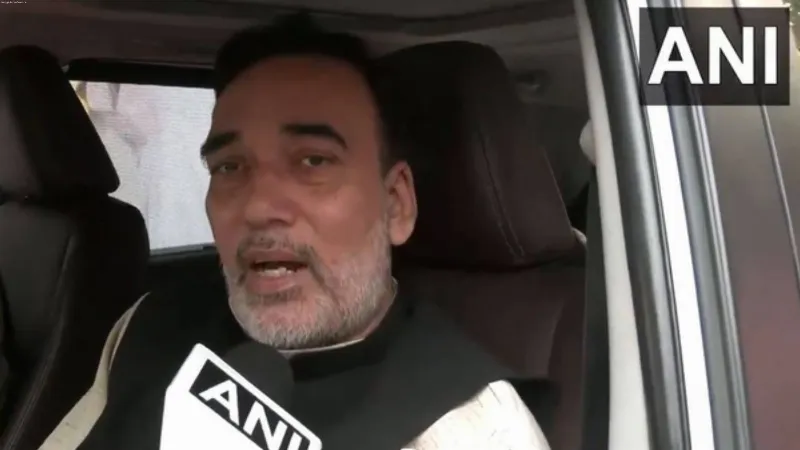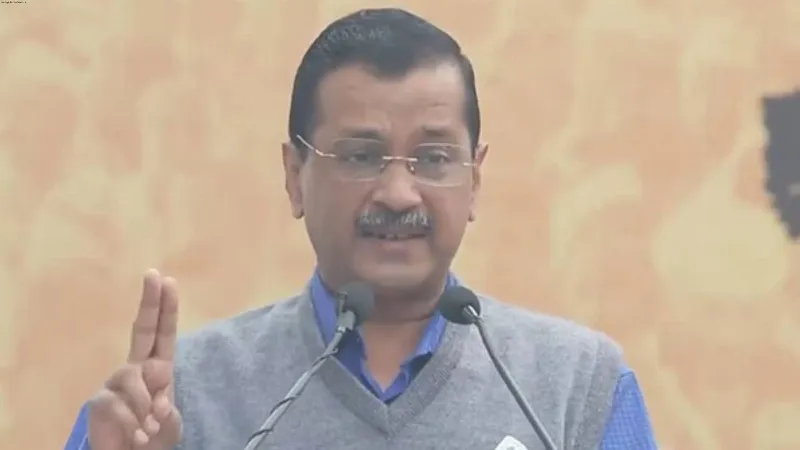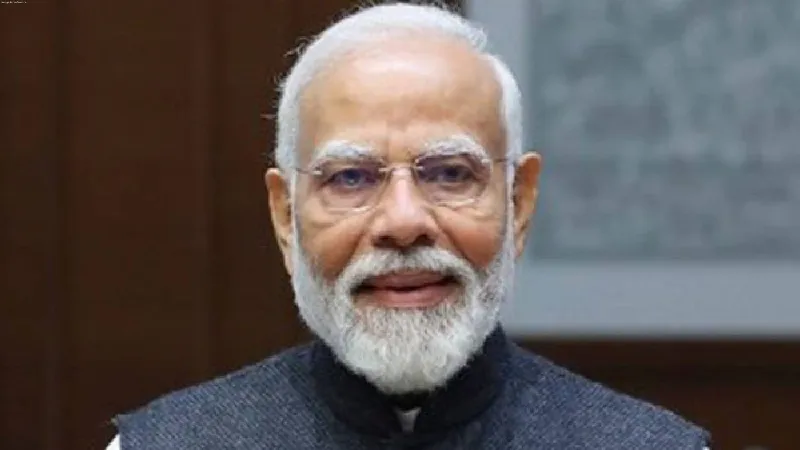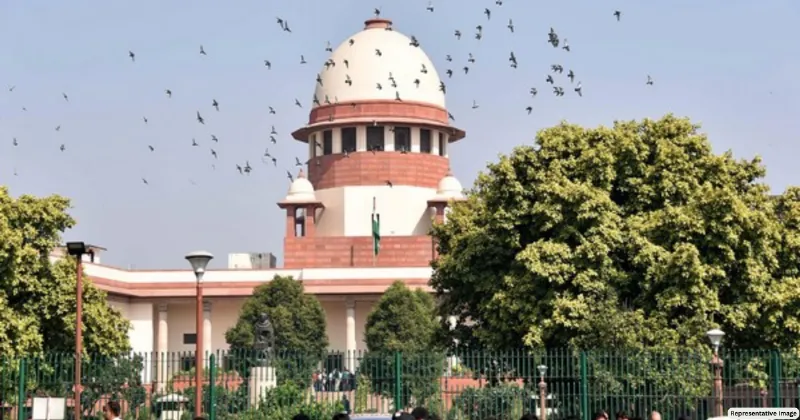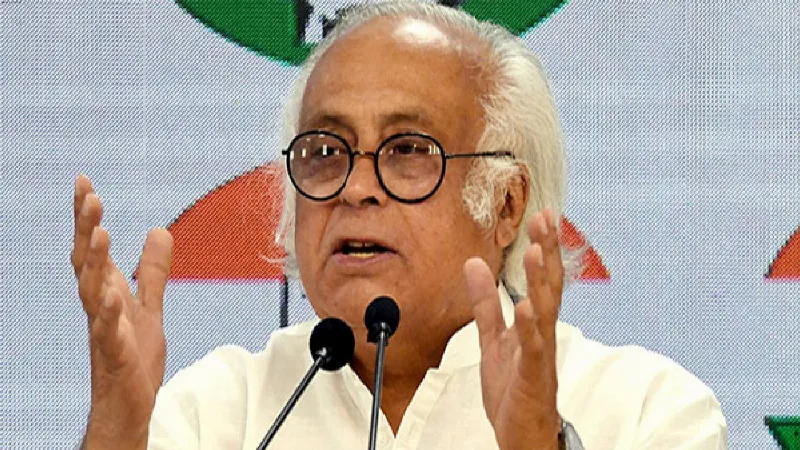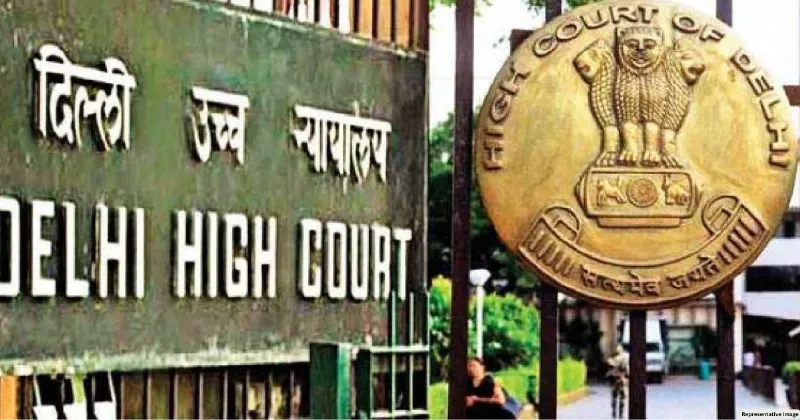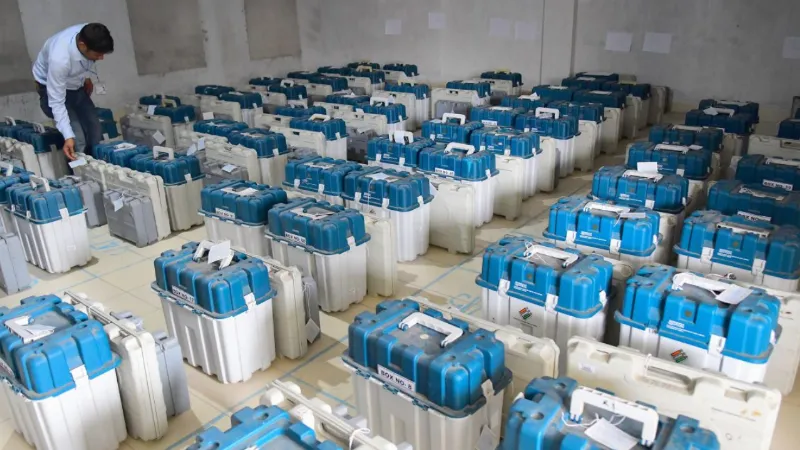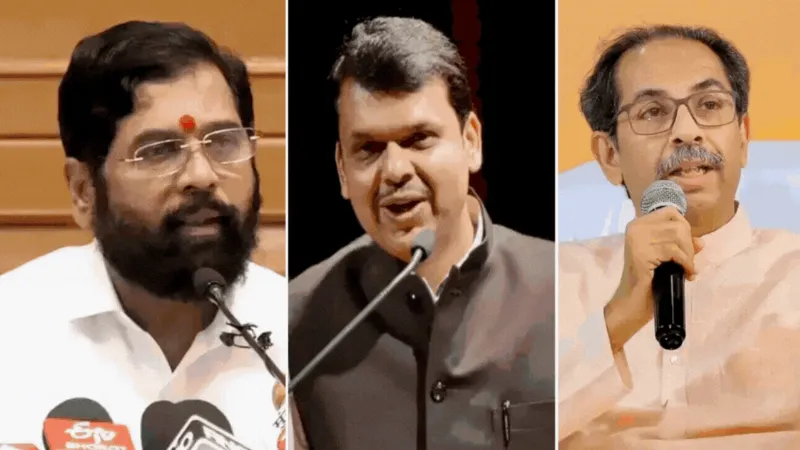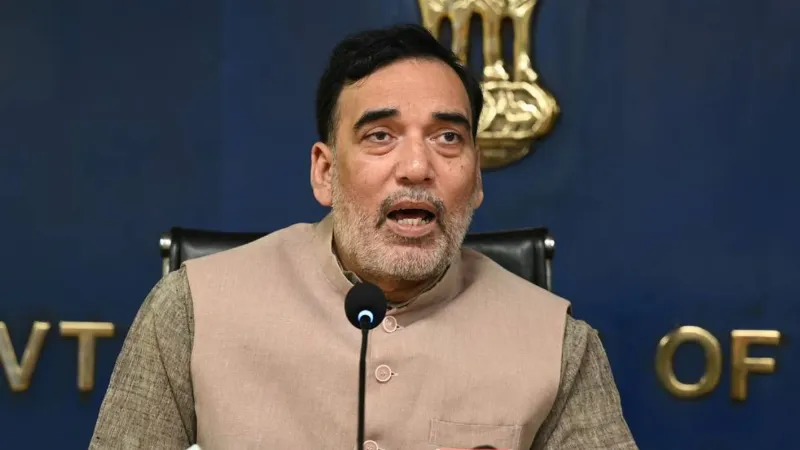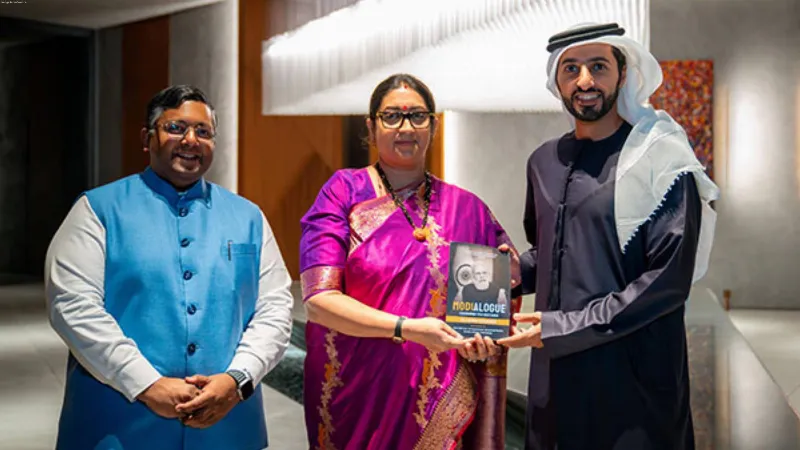CBI files chargesheet against Arvind Kejriwal, others in Excise policy case
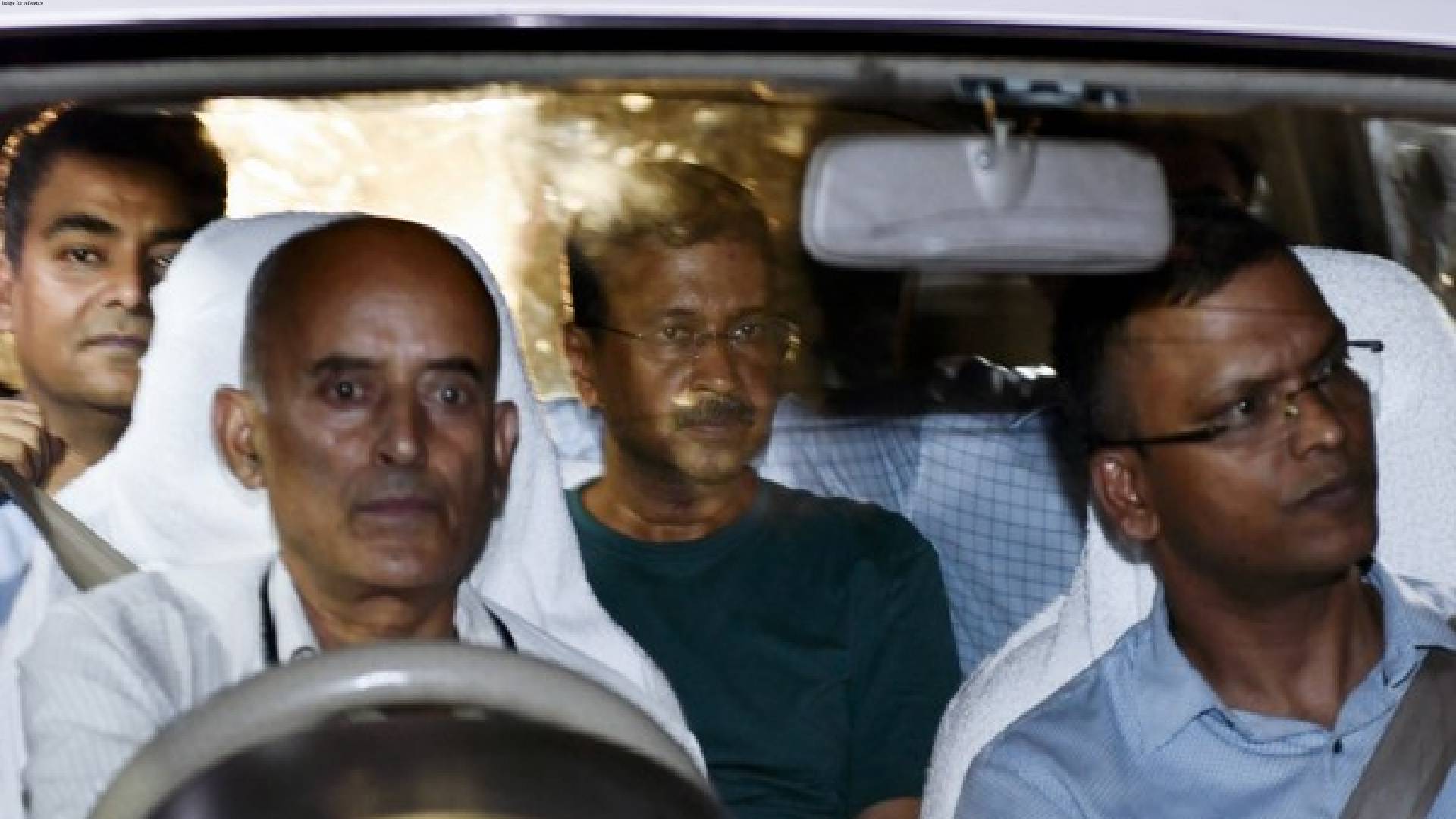
New Delhi: The Central Bureau of Investigation (CBI) on Monday filed a chargesheet against Delhi Chief Minister (CM) Arvind Kejriwal and others in Rouse Avenue Court in connection with the excise policy case.
Recently, the Delhi High Court reserved the order on Delhi Chief Minister Arvind Kejriwal's plea challenging his arrest by the Central Bureau of Investigation (CBI) in connection with the Excise policy case. The Court also reserved the order on the issue of Kejriwal's plea for interim bail.
During the hearing, CBI lawyer DP Singh submitted that Kejriwal's petitions stated that contrary to the averments of the petitioner, there exists no question of re-appreciation of the material at the stage of the investigation, more specifically since the investigation includes any or all proceedings for the collection of evidence, which is ongoing.
The proceedings at this stage are distinct from the opinion formed by the investigating officer while filing a final report under Section 173 CrPC. There is ample material available on record to justify the necessity of arresting the Petitioner. The Petitioner was also confronted with the said material during his examination.
The CBI further submitted that it is the sole domain of the investigating agency to both interrogate and arrest the accused, after complying with the requirements of the law.
With the Petitioner remaining evasive during his interrogation on June 25, 2024, the CBI deemed the custodial interrogation of the petition necessary, more specifically since it is more elicitation-oriented and an important right in favour of the investigating agency to unearth the truth.
Section 41-A CrPC read with Section 41-A (3), does not mandate a blanket ban on arrest against whom there is a reasonable suspicion of commission of a cognizable offence punishable with imprisonment of up to 7 years.
The law on the subject mandates that the investigating officer in such cases should be satisfied with the necessity of arrest under the conditions noted in the sub-clauses (a) to (e) of Section 41 (1) (b) (ii) and should record reasons for the same, the CBI told the Delhi High Court.
However, Senior Advocate Abhishek Manu Singhvi appeared for Delhi Chief Minister Arvind Kejriwal and argued that the most striking feature of this case is that it is an insurance arrest.
"I have three release orders in my savour, those three orders are under much much much more stringent provisions. The Apex Court has recently decided to grant him bail indefinitely. My client also got a bail order in his favour in the ED case from the trial court, which was later stayed by the Delhi High Court. The CBI FIR is August 17, 2022. I am not named in that. In April, I was summoned under Sec. 160 CrPC as a witness," Singhvi said.
Singhvi further submitted that Kejriwal's arrest by the CBI was unnecessary.
"The dates of the case cry out for themselves. The trial court gave me regular bail under PMLA on June 20 and after four days, the CBI took the order to question me in judicial custody and arrested me on June 26. I never got a copy of the application. No notice was given, and the order was passed. Even I was not heard," he said.
He further submitted in Delhi HC that recently Imran Khan was released but was arrested again in another case. It can't happen in our country.
Singhvi further submitted before the Delhi HC that the trial court allowed the CBI's application regarding the issuance of production warrants despite the probe agency interrogating him on June 25 for almost 3 hours.
The Delhi Chief Minister had approached the Delhi High Court, stating that applicant Kejriwal is the National Convenor of a National Political Party (Aam Aadmi Party) and the sitting Chief Minister of Delhi, who is being subjected to gross persecution and harassment for wholly malafide and extraneous considerations, is knocking at the doors of this Court seeking regular bail in this case.
He has recently already approached challenging his wholly non-est and illegal arrest as well as patently routine remand orders passed by the Trial Court. The said writ petition had come up for hearing before this Court on July 2, when this Court issued notice and listed the matter for hearing on July 17.

